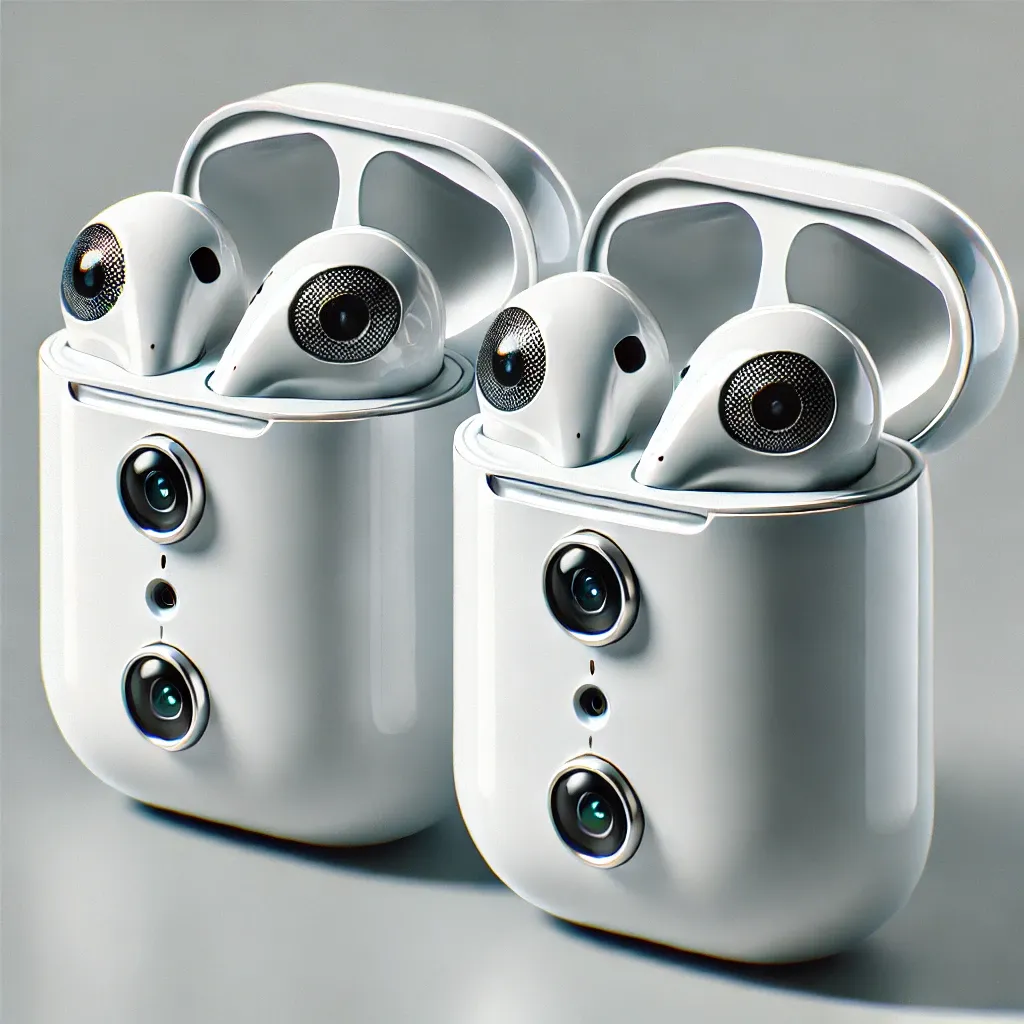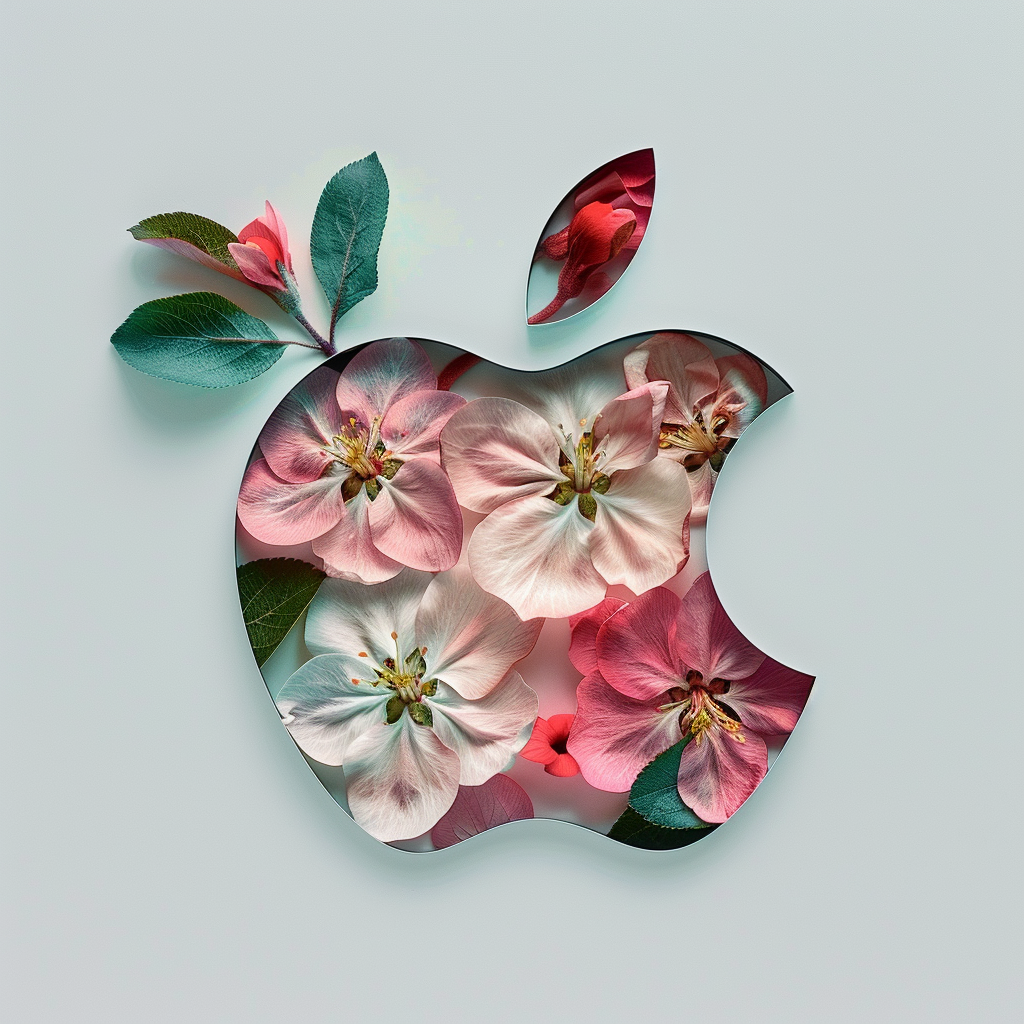Talking His Own Facebook

There are a number of interesting aspects in this interview that Mark Zuckerberg did with Kallaway last week. First and foremost, Zuckerberg is getting quite good at this whole "going direct" thing. He's still clearly talking his own book – more on this below – but it's less overt than it has been in the past. Or perhaps I just agree with his stances here more than I have in the past. Either way, he comes across in this talk as both candid and in command of Meta's product roadmap (as you'd hope, but you certainly don't always get with all leaders!). Like Satya Nadella, he's not afraid to name his competitors, though he doesn't exactly call them out while naming them. Still, most CEOs won't even dare mention the elephants in the room, which make them seem insincere (or worse, afraid) from the get-go. But Zuckerberg is elephant hunting when it comes to AI.
As for the actual content of the chat, Sarah Perez summarizes it nicely here. On the topic of "one AI to rule them all":
“I don’t think that AI technology is a thing that should be kind of hoarded and … that one company gets to use it to build whatever central, single product that they’re building,” Zuckerberg said in a new YouTube interview with Kane Sutter (@Kallaway).
“I find it a pretty big turnoff when people in the tech industry … talk about building this ‘one true AI,’” he continued. “It’s almost as if they kind of think they’re creating God or something and … it’s just — that’s not what we’re doing,” he said. “I don’t think that’s how this plays out.”
“I get why, if you’re in some AI lab … you want to feel like what you’re doing is super important, right? … It’s like, ‘We’re building the one true thing for the future.’ But I just think, like, realistically, that’s not how stuff works, right?” Zuckerberg explained. “It’s not like there was one app on people’s phones that people use. There’s not one creator that people want all their content from. There’s not one business that people want to buy everything from.”
I read this as part strawman part swipe at the companies whose stated goal is to be building AGI. Obviously, OpenAI has been first and foremost there. But even Amazon seems to be pretty focused around that notion right now. The "creating God" quote is good as it's both succinct and plays into the fears (and skepticism) many have about the AGI stuff.
Of course, it also contradicts some of what he said a whole... checks the date on this post... six months ago in an interview with Alex Heath:
“We’ve come to this view that, in order to build the products that we want to build, we need to build for general intelligence,” Zuckerberg tells me in an exclusive interview. “I think that’s important to convey because a lot of the best researchers want to work on the more ambitious problems.”
Perhaps that's why he doesn't namecheck AGI or "general intelligence" itself in this new interview, and only obliquely calls to it.
I happen to agree with his (at least stated) stance that AI isn't likely to be a winner-takes-all situation. Part of that is a framing problem as "AI" is used for about a thousand different things right now. But even with LLMs, it seems unlikely that one of them reaches escape velocity versus the others. The (big) caveat there is if some companies start to run out of (or pull back) resources to continue the "race". But it also is starting to feel like the "race" is slowing a bit and parity between the parties is being reached faster as a result. We'll see what happens if/when GPT-5 is released, but as Zuckerberg notes, Meta is also now working on Llama 4. Any advantage whomever moves first grabs is likely to be fleeting.
Again, this is all Zuckerberg talking his own book as Meta has open-sourced Llama while others have kept their models more proprietary. But that doesn't mean he's wrong (and, of course, it frames that strategy).
Zuckerberg said there will be three different products ahead of convergence: display-less smart glasses, a heads-up type of display and full holographic displays. Eventually, he said that instead of neural interfaces connected to their brain, people might one day wear a wristband that picks up signals from the brain communicating with their hand. This would allow them to communicate with the neural interface by barely moving their hand. Over time, it could allow people to type, too.
This gets into Meta's strategy from their Ray-Ban smart glasses all the way to the Quest devices. It's clearly different from Apple's strategy with Vision Pro, but that strategy isn't looking so hot right now after the loud launch of that device and subsequent silence. Quest seems to be experiencing its own growing pains, but by most accounts – including, of course, Zuckerberg's – the Ray-Bans are doing surprisingly well. This, in spite of the fact that a lot of the features are clearly very beta – which is a nice way of saying: seem broken and borderline unusable. The basics: playing music, taking photos, seem interesting enough to many people.
Might Apple play here one day too? Certainly, they're going to work on other methods of input for newfangled devices, as Meta is with the wristband Zuckerberg brings up multiple times (which I appreciate as a former investor in CTRL Labs, the company which built this tech which Meta acquired).
I'm most intrigued here by how excitedly Zuckerberg talks about the holographic display prototypes (I believe the "Orion" AR glasses, as Alex Heath detailed here), which he says are "almost ready" to be shown off externally. He couches the excitement a bit, noting they're not as aesthetically pleasing as the Ray-Bans, but they sound far more svelte than the Quest. And Meta, smartly, is going with developer kits to start, not a full-on consumer launch. Do you hear that, Apple?
Zuckerberg cautioned that these types of inputs and AI experiences may not immediately replace smartphones, though. “I don’t think, in the history of technology, the new platform — it usually doesn’t completely make it that people stop using the old thing. It’s just that you use it less,” he said.
Yes, this is true and good to hear him state this reality. But again, this is Meta's playbook: get people to rely on and use their smartphones less. Such a future would obviously benefit Meta as they (famously) don't have a smartphone offering (despite attempts). But at least he's being realistic here. Any change is not going to happen overnight. And actually:
“I think that’s gonna happen with glasses, too,” he said. “It’s not like we’re going to stop having a phone. It’s just that it’s going to stay in your pocket, and you’ll take it out when you really need to do stuff with it. But more and more, I think people will just start saying, ‘Hey, I can take this photo with my glasses. I can ask this question to AI, or I can send someone a message — it’s just a lot easier with glasses,” Zuckerberg said.
“I wouldn’t be surprised if 10 years from now, we’ll probably still have phones, but it’s probably going to be much more intentional in usage as opposed to just reflexively reaching for it and grabbing it for any technological thing that you want to do,” he said.
In 10 years we will absolutely still be carrying around and using smartphones. The question is if we will be using them less – or more. It's reasonable to agree with Zuckerberg's stance that these other devices will enter our lives to augment and perhaps replace some of the usage of smartphones right now. Then again, we're coming up on the 10 year anniversary of the Apple Watch launch next year. While that device has absolutely both augmented and replaced some smartphone usage, I believe overall usage of the phone is still up – even amongst those with the watch. Perhaps I only speak for myself here, but I doubt that.
Zuckerberg would really, really like to break Apple's chokehold here. But... it's not happening anytime soon.
In the conversation, Zuckerberg said there needs to be a lot of different AIs that get created to reflect people’s different interests. The company also on Thursday announced early tests of its AI Studio software in the U.S. that will allow creators and others to build AI avatars that will be able to reach people through Instagram’s messaging system. The AIs will be able to answer questions from their followers and chat with people in a fun way but will be labeled as “AI” to not cause confusion.
Also count me as pretty skeptical here. Zuckerberg talks about the AI Studio elements quite a bit with Kallaway, who was an early tester of the software, but nothing I heard makes me think this will go beyond novelty. Personalized agents. Social bots talking to other social bots. Even if the AI is good enough – which it decidedly has not been to date – what's the point? To save time! To help people scale! To have fun! At Meta scale? Good luck with that.
To their credit, Meta, like Apple, is focusing on AI use-cases. But unlike Apple, they're trying to come up with all these new use cases and products. It's not clear we're ready for that yet. Still, it's better than trying to create God, I suppose.

Not the "smile!" kind...

Apple needs more Services. And Sales. And both.

Can the EU force Meta into a bad business decision?

Amazon totally doesn't buy Adept. Nope. Not at all.

